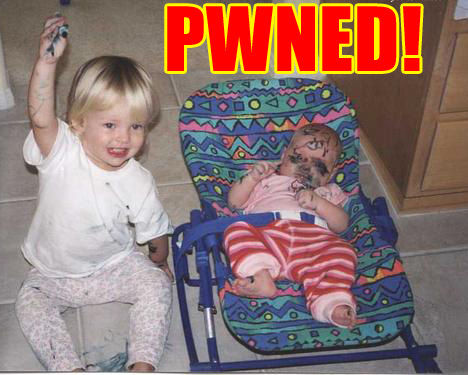Text:
FC: “There’s a saying, when someone serves seismically, you say that they drank from the mother lake. And the mother lake’s not a real lake, believe it or not. It’s kind of a metaphorical, symbolic source of power for, like, motherly behavior. And motherly behavior, anyone who serves, who delivers some sort of jaw-dropping performance, piece of media, they’re mother. They’re queen, they support me, they nurse me. And in order to gain those powers, that ability, they had to drink from the mother lake. The primordial source of power.”
Context:
The informant is a 20-year-old college student from St. Louis, Missouri who has been using Twitter since his early teens. He describes the community he occupies on the app as “stan Twitter,” which is an online community of young people who bond over their fandom for certain musical artists or pop culture interests. Stan Twitter has a specific sense of humor and vernacular, much of which is derived from the cultural practices of the LGBTQ community, of which which many members of the online subculture are members. Black drag queens in particular are responsible for the creation and proliferation of much of the language employed by stan Twitter users.
“It’s very common to talk about celebrities, music icons as, you know, people say “queen” and a lot of that comes from LGBTQ slang, like drag slang,” FC said. He believes that the term “mother,” a reverential term colloquially applied to usually female artists whose work an individual finds exceptional or resonant, was taken from drag and ballroom culture. Since many people involved in these subcultures found themselves alienated from or rejected by their families because of their queerness, drag houses and drag families, or communities of queer people and drag performers, substituted as the kind of support networks which traditional families usually provide. In these groups, “there’s always a mother of the drag family who is the most experienced queen or ballroom performer with the most knowledge and experience to share,” FC said. “They are just held on a very high pedestal and their abilities and servery is applauded, and I think that’s a lot of where ‘mother’ comes from.”
FC described how stan Twitter humor often involves taking one foundational joke or vernacular element, and continually modulating it into absurd derivations. He thinks that the term “drinking from the mother lake” formed through this process, beginning with trends of calling artists “queen” and “mother” and coming up with increasingly extreme, peculiar, and culturally specific ways to express this same admiration.
Analysis:
This slang term, and slang used on stan Twitter in general, is deeply grounded in LGBTQ history and identity. Young people on this platform connect with previous generations of queer people by using their language and traditions, arguably creating a community or uniting people of queer identities through common experiences or a common culture. Moreover, stan Twitter users form a community by fostering common interests, a sense of humor, and a vernacular style often derived from culturally specific references. To understand the linguistic traditions used by this community, one must understand what the lingo refers to and how humor functions on the platform. Someone’s ability to employ these vernacular traditions, communicate, be funny, or find others funny identifies them as a member of the community, as a member of the in-group, and provides the opportunity to bond with others who share interests and experiences.
The collaborative process by which this slang term evolved strikes me as particularly folkloric. There is no individual author, instead, people add onto each other’s versions, with different derivations branching off and becoming popular in different circles. With every iteration, a new dimension of strangeness and cultural specificity is added, so appreciation for a song or an artist can be expressed by saying that such artist “drank from the mother lake.”

